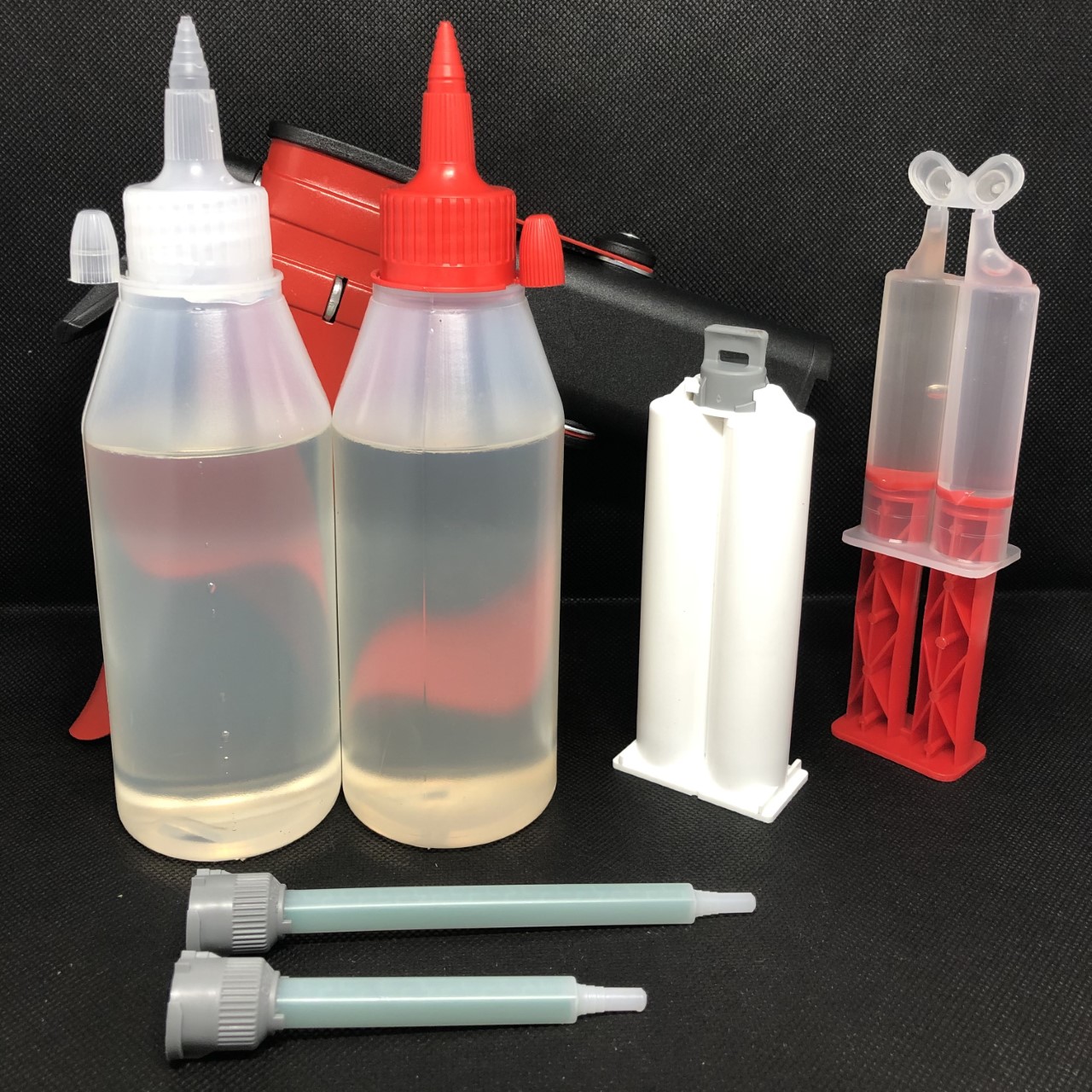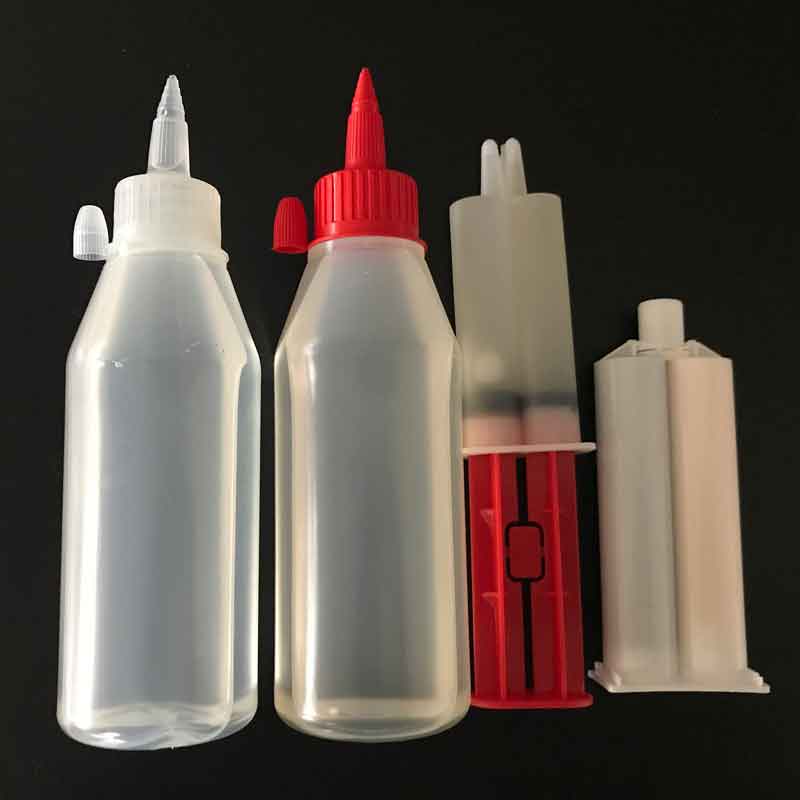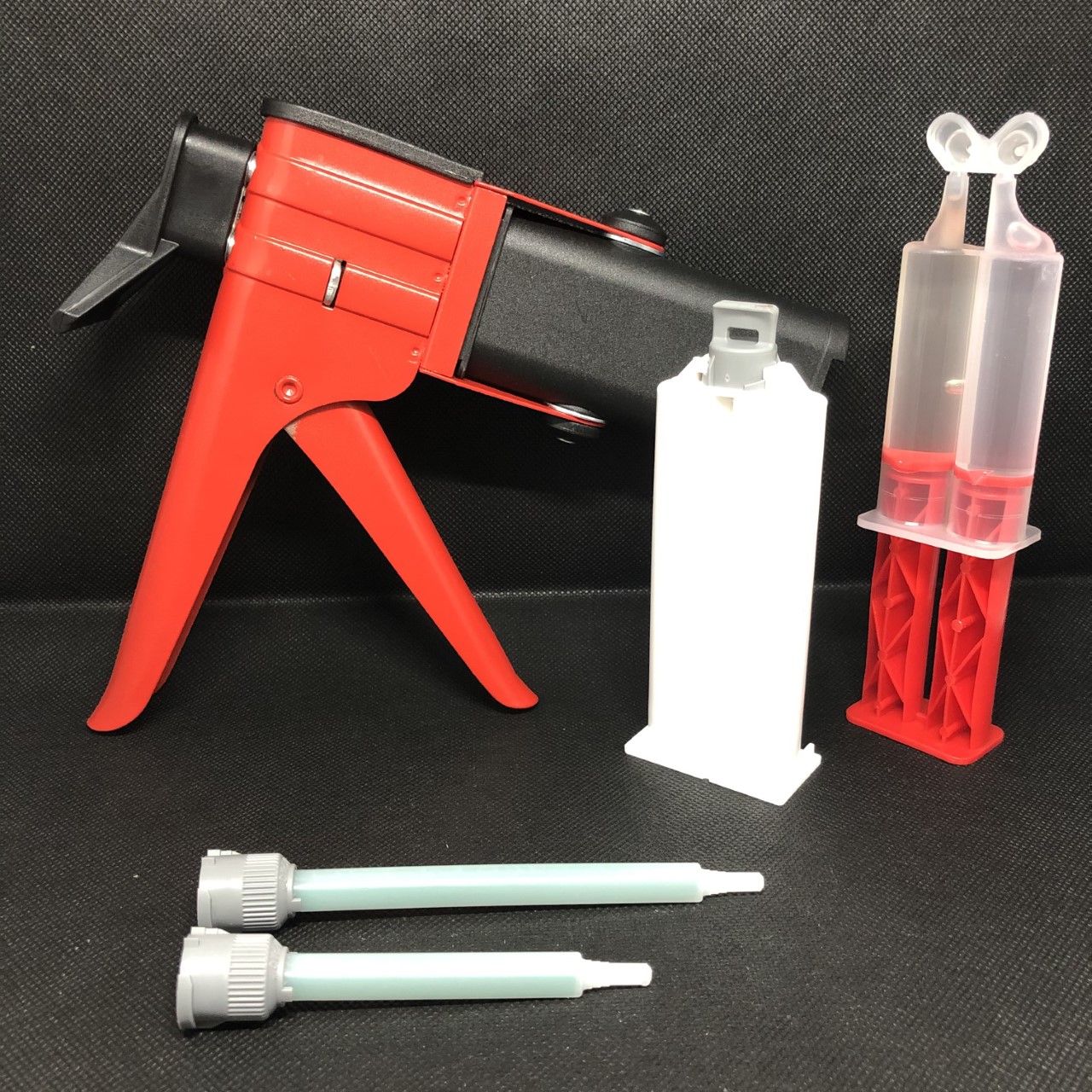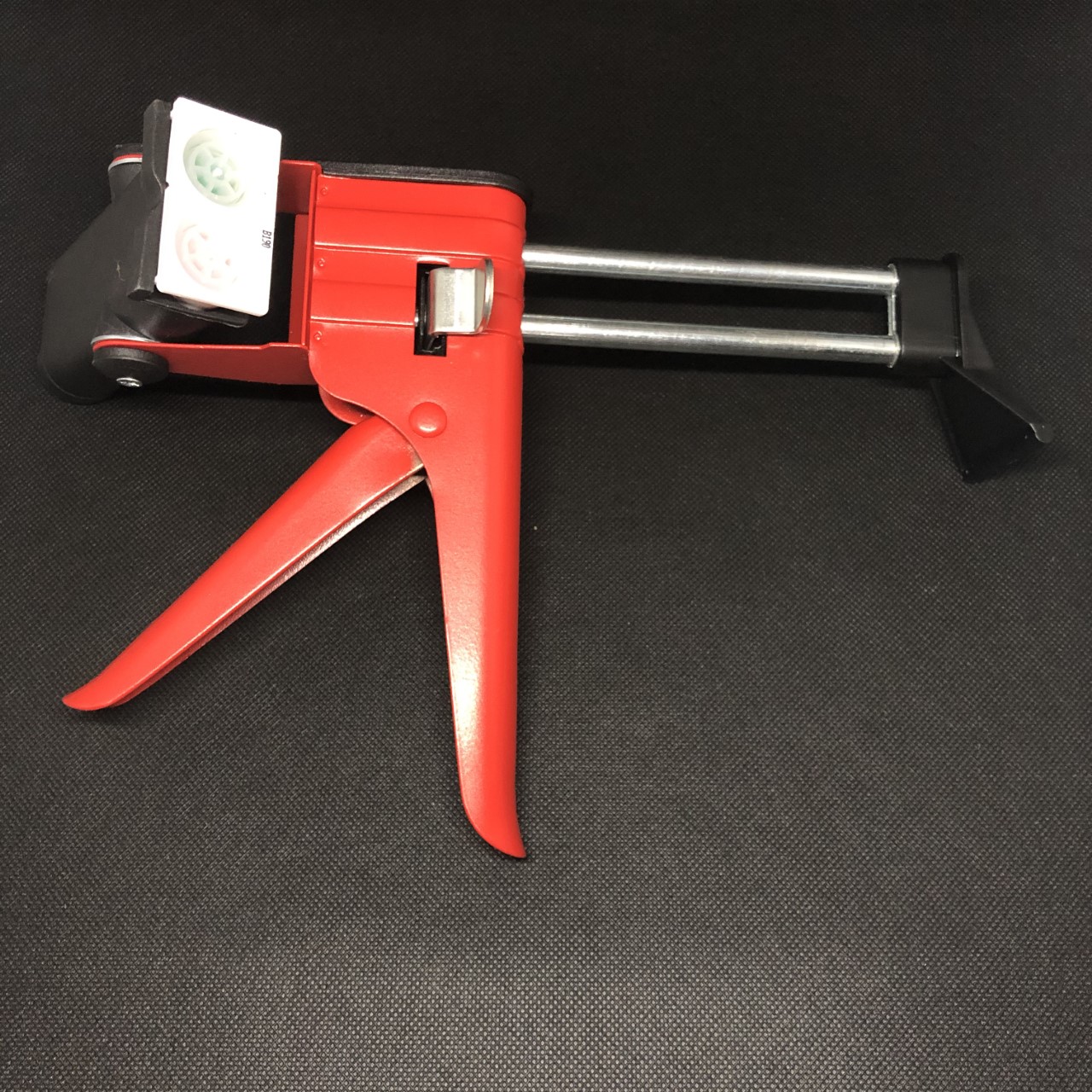-
Address
High Wycombe, UK
-
Call us on
0845 8386873*
-

Epoxies
Most epoxies are two-part adhesives cured at room temperature Thermally cured or thermoset one-part epoxies systems are also available. Depending on the formulation, epoxy resins are used as potting agents, resin binders in fibreglass construction, electrical conductors and various structural bonding applications.
Suitable for metal, ceramics, glass, wood, plastics, fabrics etc
To Place An Order Call: 0845 8386873
For Technical Support Call: 0845 8386873
Most epoxies are two-part adhesives cured at room temperature Thermally cured or thermoset one-part epoxies systems are also available. Depending on the formulation, epoxy resins are used as potting agents, resin binders in fibreglass construction, electrical conductors and various structural bonding applications.
Suitable for metal, ceramics, glass, wood, plastics, fabrics etc
To Place An Order Call: 0845 8386873
For Technical Support Call: 0845 8386873
Epoxies require clean surfaces compatible with the adhesive.
Advantages:
- high strength
- low shrinkage during cure
- toughness
- resistance to chemical and environmental damage
Most epoxies are two-part adhesives cured at room temperature Thermally cured or thermoset one-part epoxies systems are also available. Depending on the formulation, epoxy resins are used as potting agents, resin binders in fibreglass construction, electrical conductors and various structural bonding applications.
Epoxy adhesives are available in a wide range of chemical compositions, which allow for a number of different setting styles.
Setting styles include:
- single component setting
- dual-component setting
- thermosetting curing
- radiation curing (which includes UV, EB and visible light curing)
Single component epoxy adhesives
Single component epoxy adhesives consist of one resin that hardens by reaction with surface moisture, a surface applied activator-primer, or through the application of heat.
Dual or multi-component adhesives
Dual or multi-component adhesive or sealant systems consist of two or more resins or a resin and a hardener, crosslinker, activator or catalyst that when combined react and cure into a polymerised compound or bond. Two component epoxy adhesive systems are mixed and then applied.
Thermoset epoxy adhesives
Thermoset epoxy adhesives are crosslinked polymeric resins cured using heat or heat and pressure. Cured thermoset resins do not melt and flow when heated, but they may soften. Phenolic, melamine and urea formaldehyde resins are thermosetting adhesives that offer strong bonds and good resistance to high temperatures. Vulcanisation is a thermosetting reaction involving the use of heat and/or pressure in conjunction with a vulcanising agent, resulting in greatly increased strength, stability and elasticity in rubber-like materials. RTV silicone rubbers are room temperature vulcanising materials. The vulcanising agent is a crosslinking compound or catalyst. Sulphur is the traditional vulcanising agent used with natural rubber.
Silicones
Silicones use moisture, acetic acid and other compounds as curing agents.
UV or radiation cured epoxy adhesives
UV or radiation cured epoxy adhesives use ultraviolet light, visible light or electron bean irradiation to initiate curing, which allows a permanent bond without heating or excessive heat generation. One disadvantage of UV curing adhesives is the requirement that one substrate is UV transparent. Some UV resin systems employ a secondary curing mechanism to complete curing of adhesive regions shielded from the UV light.
EB curable epoxy adhesives
EB curable epoxy adhesives use electron beam radiation to cure or initiate curing. The electron beam can penetrate through material that is opaque to UV light.
Available in:
250ml Bottle Kits
50ml Cartridges
25ml Syringes
2 x 15ml Tubes (3 min bond) - limited stock
We also supply applicator guns and mixer nozzles to go along side this product.
For more information please get in touch: This email address is being protected from spambots. You need JavaScript enabled to view it.
Disclaimer
Adhesive Brokers Limited do not accept and liability for loss or damage arising directly or indirectly from the use of these products. Customers should satisfy themselves by appropriate trials that each product is suitable for its intended use.








